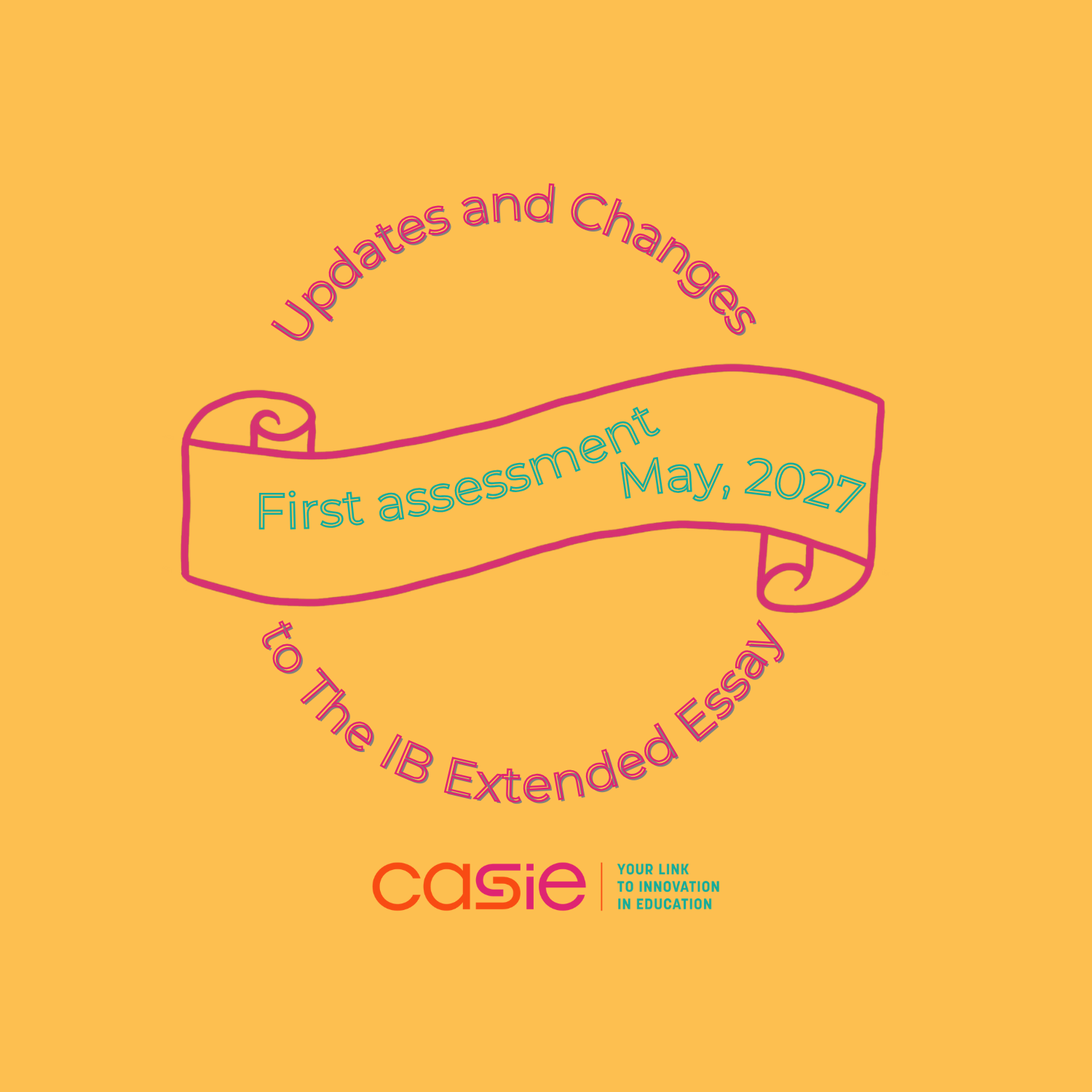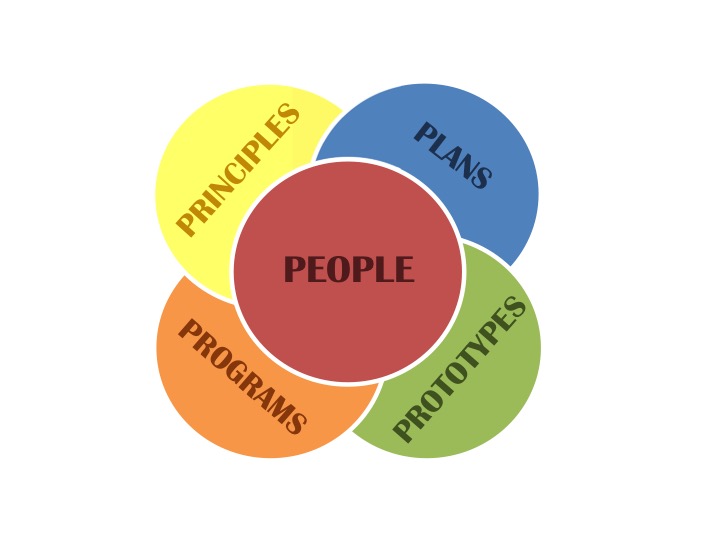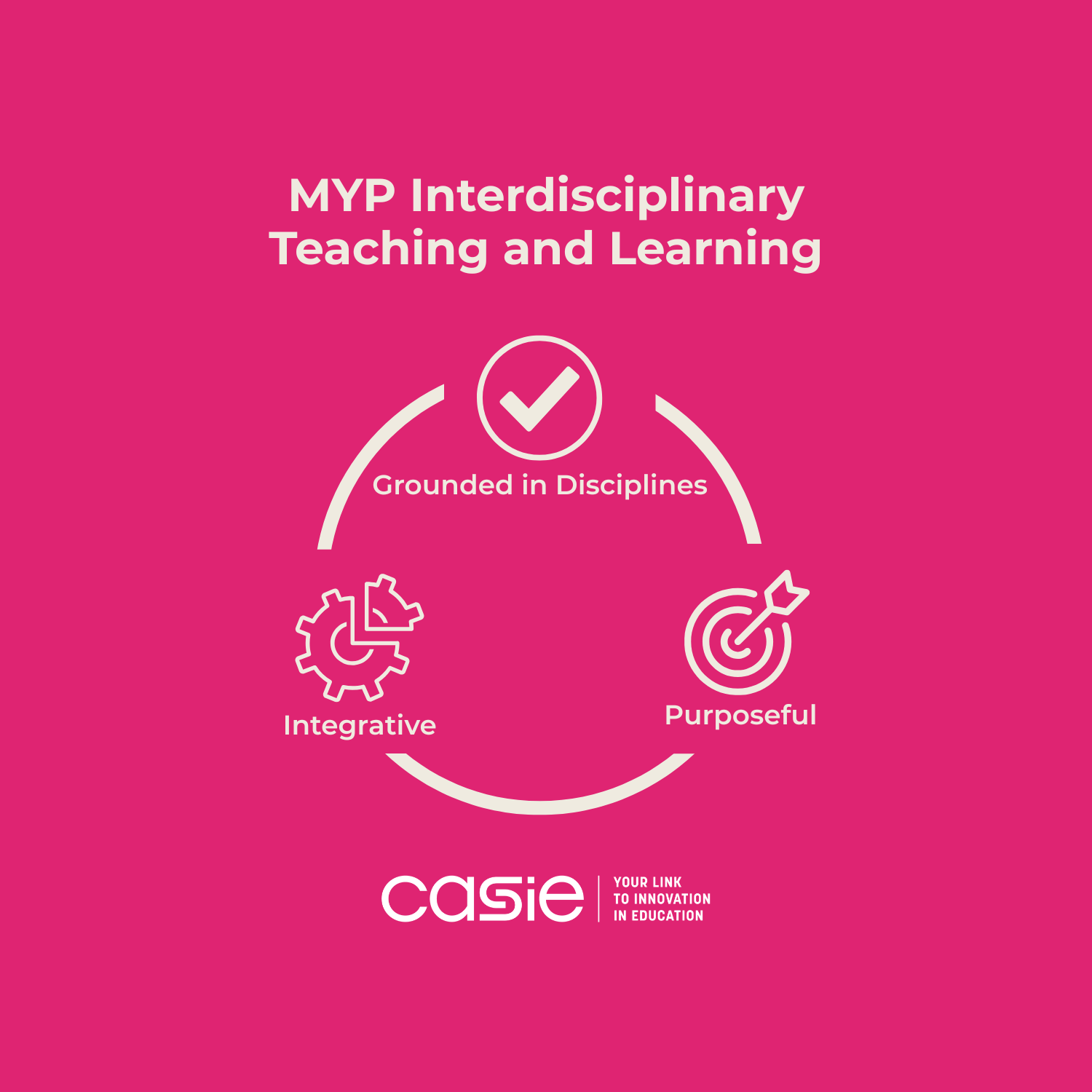In the previous post, the IB learner profile was explored from the perspective of why it has been a focal point of IB schools and what it represents and is in terms of its ten attributes. Building off of this knowledge, we are best suited for considering how it is implemented so that it purposefully builds a positive school culture. Schools that focus on developing these attributes independent of each other and collectively together, as well as purposefully integrating them into the curriculum help students to not only use them, but also develop them and the school’s culture.

Many schools begin their journey within the IB by focusing on single attributes per week or month. The intent is often to slowly develop an understanding of each attribute, provide manageable expectations for teachers’ integration of the learner profile into the school day, and transform the school culture. One problem with this practice is not that it is wrong, but that many schools don’t evolve beyond it. The IB learner profile is a collection of all ten attributes. Each trait is not an IB learner profile, as many people believe or reference when they use terms like, “the IB learner profiles.” The real power, especially for building school culture, is in their collectiveness.
A reasonable “second” step for schools could be to start pairing or grouping attributes based on each school’s areas of focus. For example, a school that is seeking to develop their culture of inquiry might seek to define and practice being knowledgeable inquirers, caring inquirers, balanced inquirers, reflective inquirers, open-minded inquirers, and principled inquirers. They can always connect even more by exploring caring, principled inquirers that take risks and so on. When we embrace slight, but significant, changes in stance like this and intentionally develop the skills and dispositions referenced in the descriptor of an inquirer, we deepen the opportunities for children to be agents of their own learning and act on this new learning.
From another perspective, these groupings open up possibilities for more obvious curriculum integration. Caring inquirers need an understanding of civics, academic honesty, empathetic questioning and so much more. Can you imagine how transformative that would be for your curriculum units? Can you imagine how transformative that might be for a school’s culture? Children will become more aware of the complexities that exist in regard to local and global issues, as well as, the learning process itself.
It is also worth considering how the learner profile attributes are modeled by the adults in the school’s community. A famous quote references how children won’t remember what adults say, but they will never fail to imitate them. Changing a school’s culture is complex, so leaders, teachers, staff, and parents all have to own their role in the process. It is fundamental that we practice and become aware of our own development as principled communicators, open-minded thinkers, and more as we engage with children and other adults in the school community. How well are teachers practicing what they espouse? We are all on a continuum in the development of the individual learner profile traits as well as their collective as the IB learner profile.
What might your school’s next steps look like? How might this support the school’s evolution as an IB World School? How might this support the development of your school’s culture?








